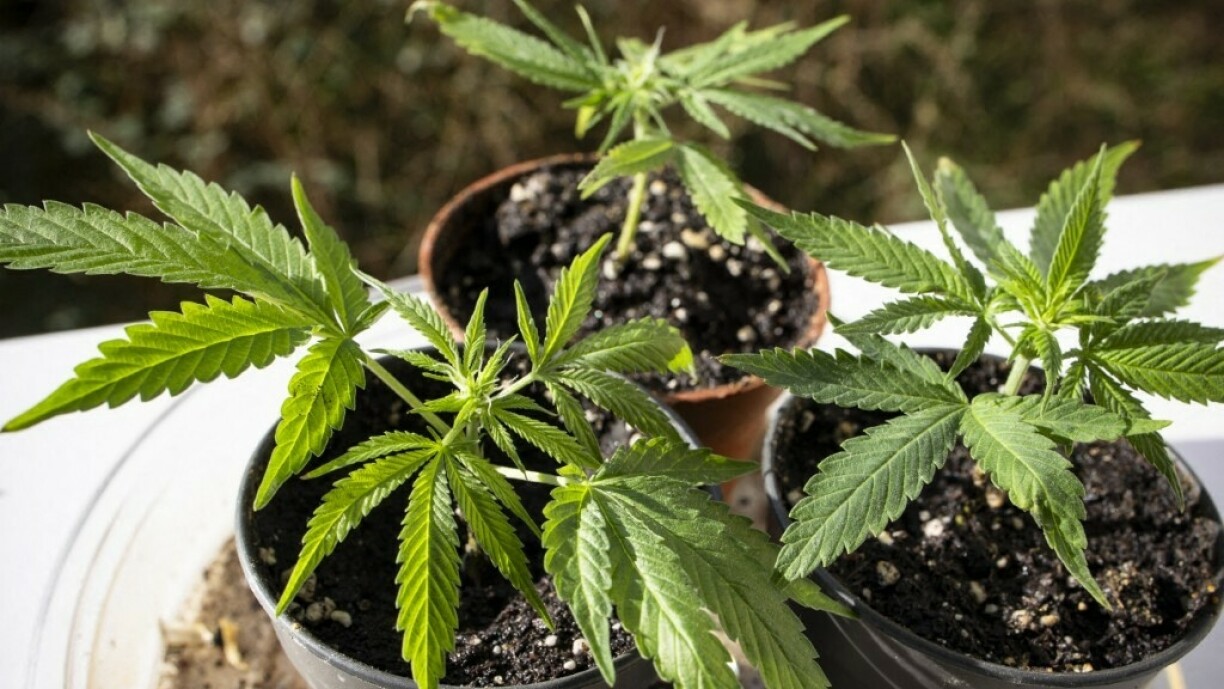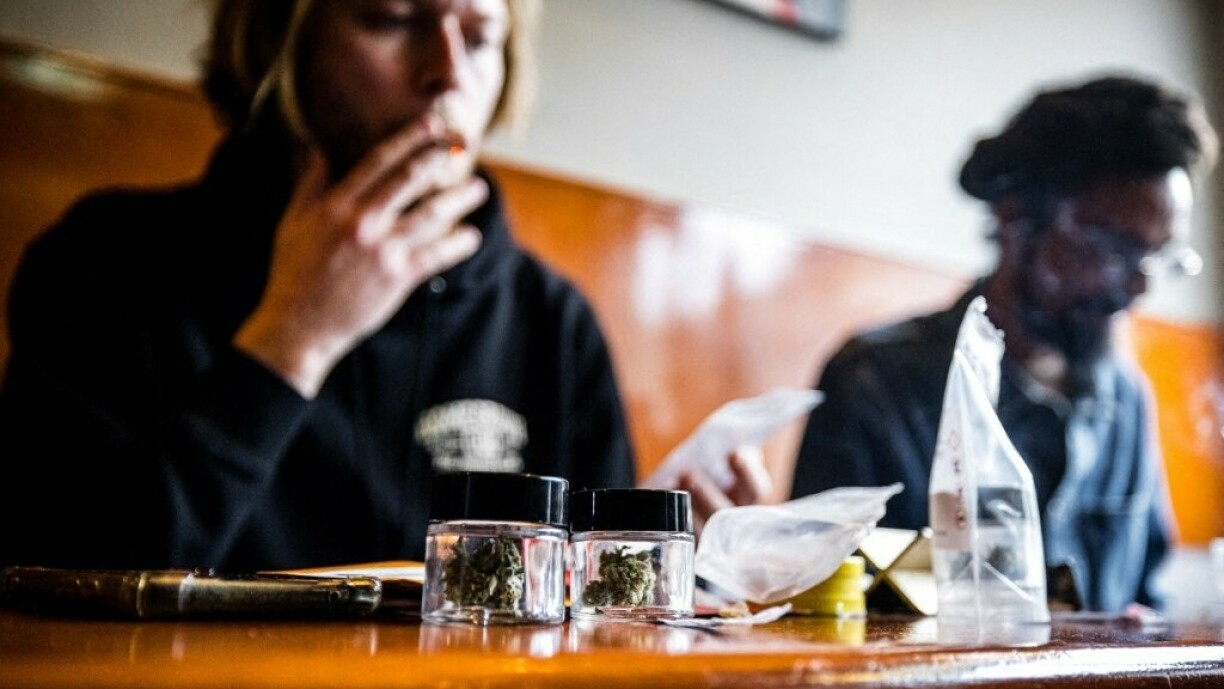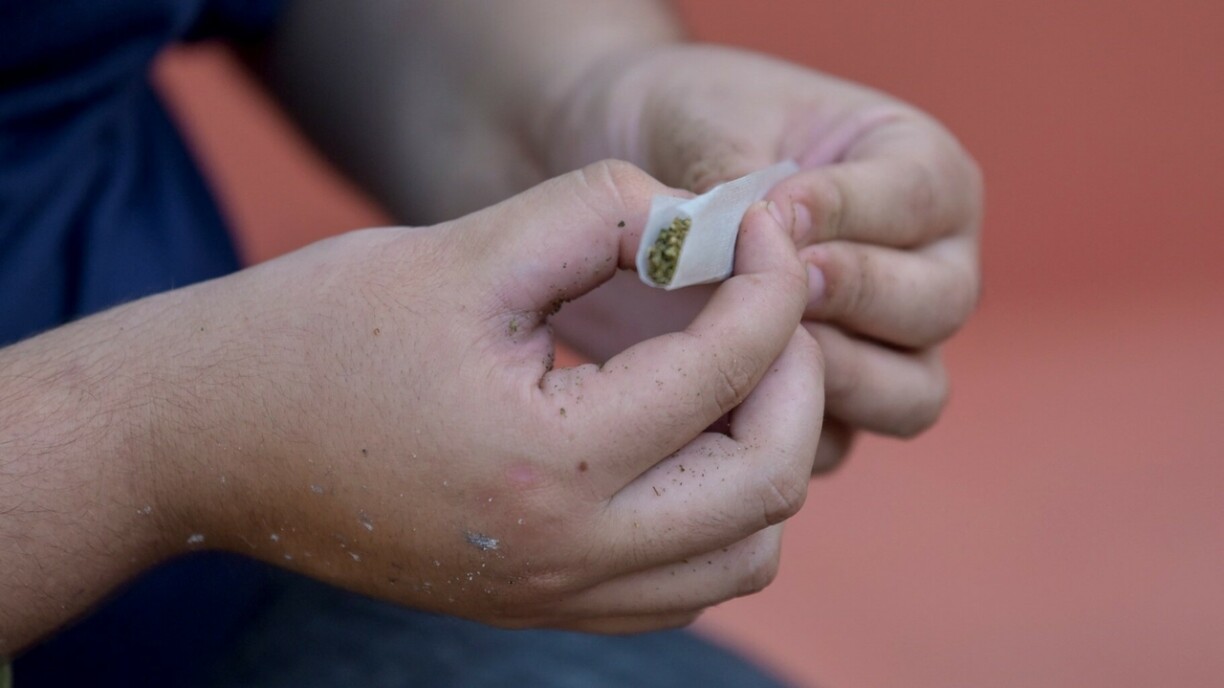
But before we delve into the differences, let’s first focus on a shared aspect: cultivation.
Luxembourg: Since July 2023, Luxembourg has allowed the cultivation and consumption of cannabis for personal use. households are permitted to grow up to four cannabis plants per adult, with no restrictions on the quantity of buds harvested as the enforcement would present practical challenges.
However, strict guidelines dictate that only seeds may be used for cultivation, and not cuttings, i.e., small plants taken from mother plants. Cannabis plants must also remain concealed from public view and children must not come into contact with them under any circumstances. Additionally, consumption indoors is prohibited in the presence of children.
Germany: The situation has been very similar in Germany since 1 April. Residents are permitted to cultivate up to three cannabis plants per household, a slight deviation from Luxembourg’s allowance of four plants. However, this is actually only a marginal difference since the number of plants says little about the yield. Space allocation and growth duration, which is particularly easy to control with artificial light, are more important factors in this regard.
Regulations pertaining to seeds mirror those of Luxembourg, and both countries are also on the same page when it comes to child protection measures.

When it comes to the consumption and possession of cannabis, however, the differences begin to emerge and make it evident that Germany’s law goes much further.
Luxembourg: Within the Grand Duchy, legislation permits the consumption and possession of dried cannabis buds exclusively within the confines of one’s home, where cultivation is also permitted. Consumption or possession of recreational cannabis outside the home is strictly prohibited, with no exceptions.
Regardless of the quantity carried, individuals caught with cannabis in public spaces face fines, starting from €145 for quantities under three grams. Penalties escalate significantly for amounts exceeding three grams, often leading to legal proceedings. The sale of cannabis remains strictly prohibited in Luxembourg.
Germany: Contrary to Luxembourg’s stringent regulations, Germany adopts a more lenient stance towards cannabis consumption and possession. Individuals are permitted to possess up to 50 grams of cannabis per month within their homes, while outside the home, possession of up to 25 grams is allowed — a notably higher limit compared to many other countries. Consumption of cannabis is not restricted solely to private residences in Germany; individuals may consume cannabis in public spaces as well.
However, certain restrictions apply, prohibiting cannabis use in proximity to schools, children’s and youth facilities, sports facilities, and playgrounds, with a mandatory 100-metre distance from entrances. In pedestrian zones, cannabis consumption is restricted to the hours between 8 pm and 7 am. Smoking is prohibited in cannabis clubs, and a 200-metre distance from children’s and youth facilities is mandated.

Luxembourg: In Luxembourg, the sole legal avenue to procure cannabis, aside from medical use requiring a prescription, is through personal cultivation. Individuals may grow a maximum of four plants for personal consumption, with strict regulations prohibiting the transfer of buds to others. The yield from these plants is intended solely for the grower’s consumption.
Germany: Since 1 April, Germany offers two primary options for accessing cannabis. Firstly, individuals may cultivate up to three plants for personal use. Alternatively, consumers may opt to purchase cannabis through cannabis clubs, similar to those in countries like Spain. These clubs facilitate the exchange of buds and other cannabis products among members, with each club limited to a maximum of 500 members. Membership entails being 18 years old, residing in Germany, and joining a club, typically requiring a monthly fee. Consumers are subject to a limit of 50 grams per month per individual.

Luxembourg: In Luxembourg, akin to the permitted blood alcohol level, the permissible threshold for cannabis impairment is measured by the THC content in the bloodstream. The legal threshold is set at 1 nanogram (ng) of THC per 1 millilitre (ml) of blood. Notably, this threshold represents the lowest detectable level, effectively enforcing a zero-tolerance policy towards cannabis and driving. Consequently, individuals who have consumed cannabis are strongly advised against operating a vehicle, as THC levels are guaranteed to exceed the legal threshold.
Germany: Similarly, in Germany, the legal limit for THC concentration while driving is also set at 1 ng THC per 1 ml of blood. However, ongoing discussions within the country revolve around potentially raising this threshold to 3.5 ng. While still significantly low, experts suggest that this adjusted threshold may allow for the detection of only minor impairments in driving behaviour for some individuals. The implementation of this adjusted threshold is currently under consideration.

As Luxembourg and Germany share borders, it becomes imperative to understand the nuanced differences in cannabis legislation between the two countries to avoid potential legal ramifications.
For example, while travellers in Germany are permitted to carry cannabis, up to 25 grams, transporting cannabis into Luxembourg constitutes a violation of local laws and may result in prosecution. What’s more is that the high quantity would result in a much more severe penalty than a fine.
It also does not work the other way around: you are not allowed to take your own yield from Luxembourg to Germany since Luxembourgish law currently prohibits residents from carrying cannabis outside their own homes.